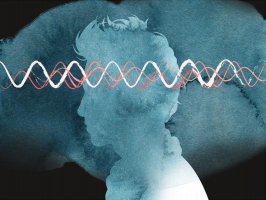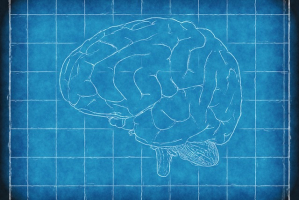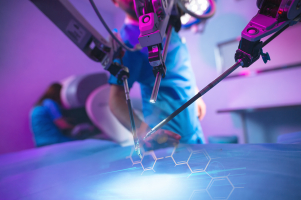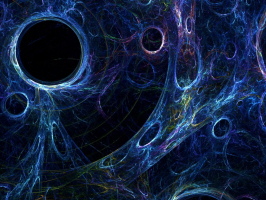Top 10 Strange Things Your Body Does that Science can Explain
A large, meaty sack of marvel is the human body. You're never conscious of what's going on inside of you throughout the day. Without any input from you, your ... read more...brain's synapses fire, nerves communicate with your muscles, and your heart, lungs, stomach, and spleen all function normally. You may take for granted many of the experiences you have throughout the course of a day, but it turns out that even the most routine activities are supported by some rather strange scientific principles.
-
Human minds are programmed to detect faces everywhere. From Brussels sprouts to an IKEA bathroom. It's due to pareidolia and not the fact that some people are crazy. When we notice patterns, we frequently arrange them into recognizable shapes in our minds.
In one study, 34% of individuals who were presented patterns that appeared to be gray static were able to recognize a face in them. The frontal and occipital regions of the brain, which are involved in planning and remembering, were active, according to brain imaging. According to one theory, this, followed by the right fusiform face area activation, which occurs when we view real faces, cooperate because we anticipate seeing something resembling a face.
There is an evolutionary component to one explanation for why this occurs. Face recognition is ingrained in us. Humans support one another, which is why society functions, but we also fear our foes. Understanding faces—whether good or bad—kept us as a species alive. Therefore, even if we occasionally make mistakes, our brains need to recognize them.

http://wholefoodsmagazine.com/ 
https://www.ancientpages.com/ -
In America, 30% of people have tattoos. However, what is it that, once the ink is there, keeps it there permanently? For many years, the conventional wisdom held that since tattoos are placed on the dermis, the skin's subcutaneous tissue is continually regenerating. But that's not really the case. Your immune system and something called a macrophage are key to the truth.
Tattoo needles pierce the skin's epidermis and inject ink into the dermis, the second layer of skin. This layer is home to dermal dendritic cells, macrophages, CD4+ T cells, and innate lymphoid cells in addition to being abundant in blood vessels, lymphatic vessels, nerves, and other structures. These cells are prepared to react to injury, such as the harm brought on by the tattoo needle puncturing the skin and injecting colour.
If the tattoo does penetrate your dermis, your immune system detects a wound right away. Macrophage-like cells go to the wound and remove the ink. In essence, they are attempting to make it disappear by consuming it. In spite of their attempts to remove all of the ink, the macrophages eventually die and are replaced by fresh ones that consume the old ones.
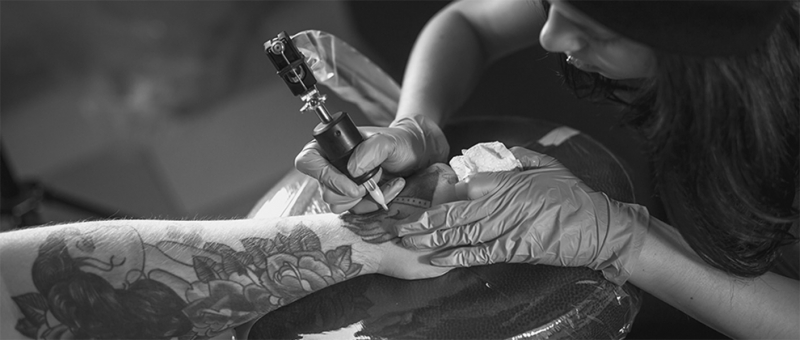
https://www.oaksalon.nl/ 
https://www.alldaytattoo.com/ -
Do you recall the first whisky shot you ever took? Perhaps vodka? You remember feeling a burning pain in your mouth and throat and wondering why the hell people harm themselves. And after that, depending on how you felt about becoming wasted, did you either never drink again or just enough to barely feel the burn? We're not here to discuss your opinions on drinking; instead, we're interested in the burn you experience when you consume alcohol. Ever ponder why alcohol burns precisely?
Strangely enough, alcohol and hot peppers have extremely comparable effects on the brain. Although neither feels warm to the touch, eating them causes your lips and throat to feel warm to your brain. That is due to a structure known as a vanilloid receptor. Alcohol decreases the heat tolerance of these receptors in your mouth when it comes into touch with alcohol. Since they consider anything about 42 C or 107 F to be hot, your mouth will typically burn since you just ate something hot. However, ethanol drastically reduces this tolerance to just 34 C, or 93 F. Your body temperature is 98.6 F or 37 C, which is an issue.
Anywhere the alcohol touches will feel like fire since your body has now activated your heat receptors, leading your brain to believe you are drinking fire. Once the alcohol is gone, everything returns to normal.
https://vinepair.com/ 
https://www.myslimguide.com/ -
There's a good chance you know someone who claims to detest pictures of themselves, or perhaps you yourself share that opinion. However, you hardly ever hear the same individuals comment in a same manner about their reflections. You would probably prefer your reflection over a photograph taken at the same time if you could choose between the two, and there is a good reason for that.
You almost never see the version of yourself that everyone else sees because you live in your thoughts. A reverse you is the mirror you. This is the foundation of most of how you view yourself. Your mind doesn't like it when you see a snapshot of yourself, since it is set up differently than how you are used to seeing yourself. Due to the way our eyes function when we see ourselves, it will also be visible from angles that we are unable to see in a mirror. Eyes front ensure that, even when you tilt your head, you are always positioned optimally. So taking a selfie would reveal unattractive views you were unaware of.
In addition to the angles, the lighting cannot be altered the way it can in a photograph once your eyes have adjusted to the mirror image. In brief, your eyes naturally provide you with the optimal angle and illumination, but photographs capture an odd moment that we aren't used to.
https://www.shutterbug.com 
https://spiritview.net/ -
You know how very aggravating it may be if you've ever woken up only to find yourself staring at your alarm clock five minutes before it's supposed to go off. Only that it seems to keep happening is worse. You simply don't want to get up because you feel like you've been robbed of five minutes, even if it is far too late to go back to sleep. And there is a cause for why it persists.
There's a good chance you've heard about your body's internal clock. It occasionally goes by the more catchy term of circadian rhythm. Your perception of time is sort of regulated by this in terms of when and how you complete tasks. When you feel awake and weary have a role in that. There are many outside things that might change this state of weariness or alertness, such as how much work you performed that day, which can make you feel exhausted, what you ate or drank, which can give you an energy boost, and so on. But generally speaking, your body has a routine.
Your circadian rhythm like to keep a routine, so it functions best when you do. Stick When you consistently wake up right before your alarm, your pattern eventually becomes so automatic that it can even begin anticipating when you should awaken. Your body's internal sense of time is aware of how long you should be sleeping and may have somewhat gotten ahead of you. It begins generating the proteins you'll need to feel awake and active, since it anticipates your demand for them.
In reality, the protein helps you gradually become awake, since it tries to prevent the startling alarm that abruptly awakens you up. You can wake up more softly in this way than by hearing a morning DJ yell by increasing your blood pressure, temperature, and cortisol levels.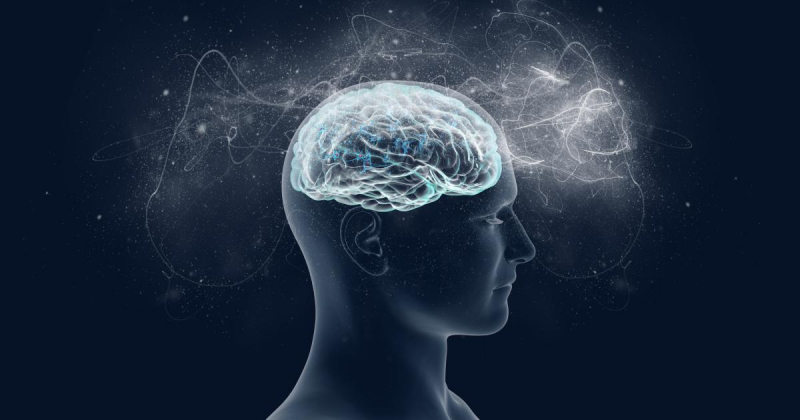
https://pursuit.unimelb.edu.au 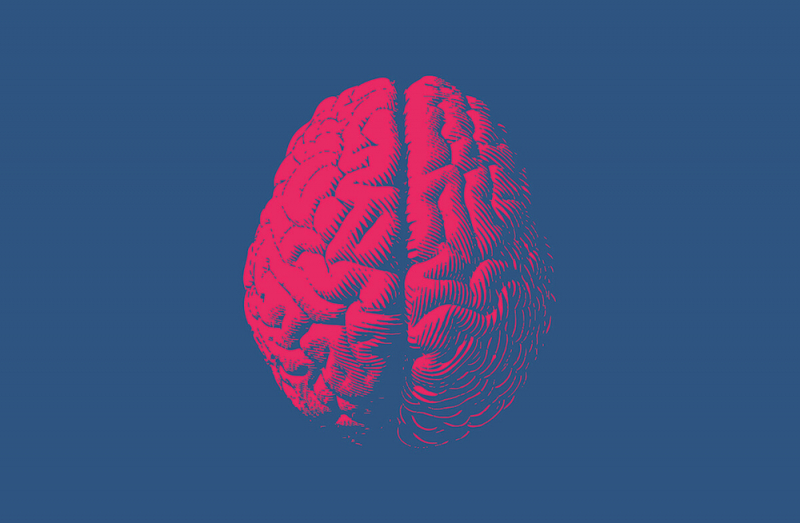
https://www.neuropeakpro.com/ -
Nasal congestion, often known as a stuffy nose, is frequently a sign of another medical condition, like a sinus infection. You feel awful when you have allergies or illnesses like colds, and getting congested is one of the worst side effects. However, you might have noticed the peculiar situation of only experiencing congestion in one nostril at a time. Additionally, it might even change nostrils. What gives, then?
It seems that your nose is not a physical part with equal rights. Even during regular breathing, one nostril is primarily responsible for breathing. Throughout the day, it will swap back and forth, but your autonomic nervous system ensures that one is constantly working harder than the other.
Your nose won't dry out or become injured thanks to this nasal cycle. A cold or allergies will widen the blood vessels in the nose, causing more mucus to be produced. This will make one nostril feel congested while the other takes over.

https://www.positivehealthwellness.com 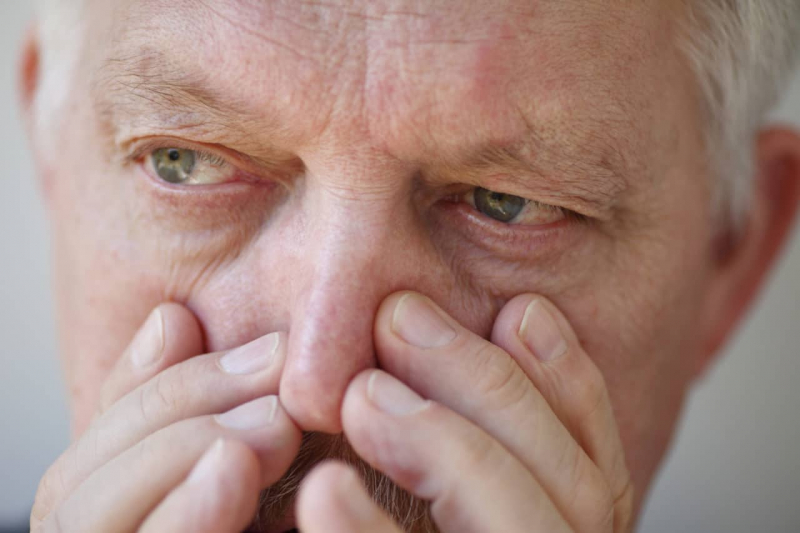
https://southvalleyent.com/ -
Have you ever taken one of those lengthy cross-country drives where, after ten hours of driving, you're just worn out? You must be since you spent ten hours on the road. You know, just standing still, holding a wheel in your hands, and occasionally lightly depressing pedals. It's draining. Yet why? Why is it so exhausting to just sit around doing nothing?
There is such a thing as "travel fatigue," as some people refer to it. Your veins are actually stressed out by prolonged sitting. Your legs may start swelling as a result of blood clotting. This may result in deep vein thrombosis and cause muscle discomfort.
Additionally, within only 15 minutes of getting behind the wheel, the inherent vibrations of a moving car begin to wear you out. Your muscles never genuinely get a break since your body is continuously adjusting to shifts and bumps. You become exhausted because you utilize them constantly even though you're not putting them under a lot of strain.

https://affinitynursing.com.au 
https://www.topgear.com.ph/ -
Floaters are any little, moving objects that appear in your field of view but aren't actually there. They may occur as a result of eye-rubbing, head trauma, or for no apparent reason at all. Most people experience intermittent floaters, which frequently don't require medical attention. However, floaters occasionally may indicate a more serious eye problem. It is crucial to inform your eye doctor if new floaters arise abruptly and persist in your vision.
Your eye's vitreous fluid fills the interior space. The border between the two can occasionally be seen as a floater because there may be pockets of thinner liquid in thicker gel. But collagen fibers could also be visible. These can become more noticeable as you age because they get thicker and denser.
These fibers can also group and enlarge to the point where they are noticeable. You mistakenly think they are floaters, but they are actually shadows they cast. Although they are mostly benign, you should see an eye doctor if they start to appear frequently.
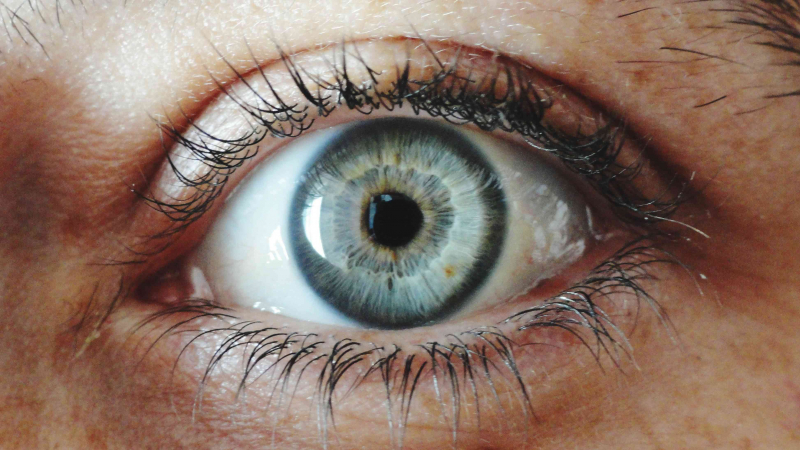
https://www.verywellhealth.com 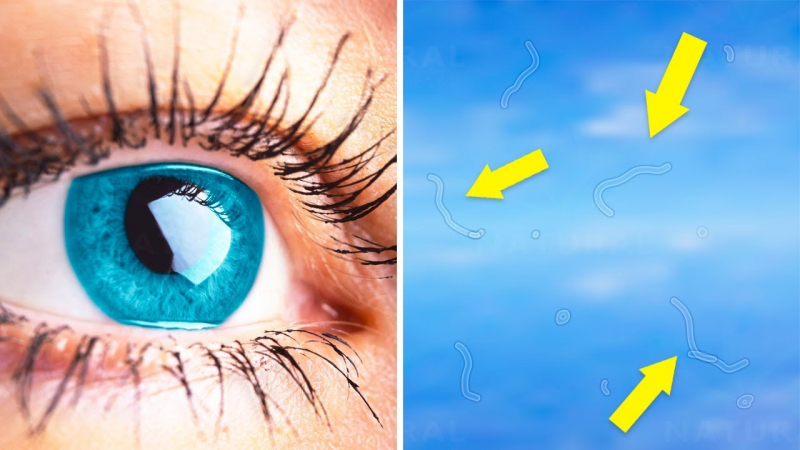
https://www.findthecureinnature.com -
Don't like the way your voice sounds on recording but not in your head? It's not just you. Voice confrontation is a phenomenon that alters the way your own voice sounds in comparison to the voices of everyone else you hear. It is caused in part by the way your skull vibrates. Because of the way bones transmit sound to your ear, it will sound deeper in your skull. But more is going on!
The loathing of one's own voice has psychological roots, according to 1960s research. These "extra-linguistic indicators," such as how stressed you sound or whether you appear undecided or angry, are difficult to detect when you're speaking, but they become more obvious when you listen to a recording. In essence, it's things that came out somehow that you weren't conscious of or weren't attempting to project through speech, and now when you're confronted with them, they make you uncomfortable.

https://lifeonthenarrowroad.com/ 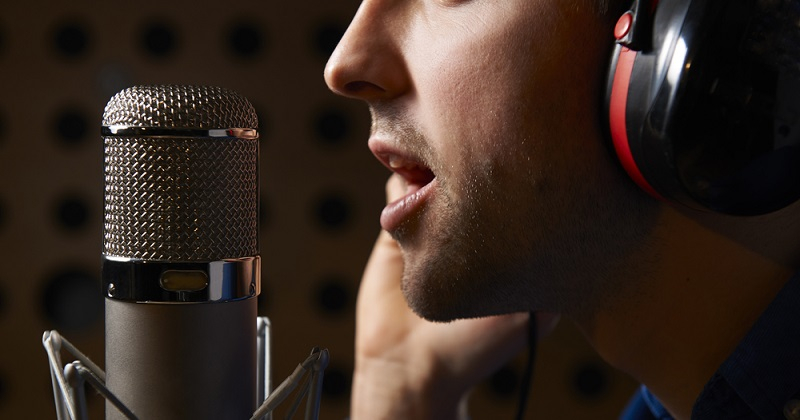
https://www.davidwolfe.com -
The benefits of each chemical may vary as a result of the large variety of chemical types in the brain. Each sort of molecule in the brain has a specific purpose. Acetylcholine, for instance, can transmit responses from one cell to another. The skeletal muscles' motions are greatly influenced by this substance. Additionally, acetylcholine regulates the soft muscles of the heart and other muscles.
Have you ever had a tiny hanger? It's not just a silly invented word; it actually exists! You have a grouchy, irate feeling when you're hungry. But why would someone become furious if they were hungry? Man, it's all chemicals. Your brain might consume up to 25% of your total energy. The result is that when you're low on nutrition, your brain acts like a spoilt kid. It will make you feel stressed out, which will make you feed it.
To assist regulate your blood sugar, your brain will release cortisol and adrenaline; nevertheless, cortisol can also make some people aggressive. So, even when all your brain wants is a lunch, you find yourself wanting to punch someone. It is scientific.

https://breathworkinthedesert.com/ 
https://www.adironndaspiritualhealer.com/












